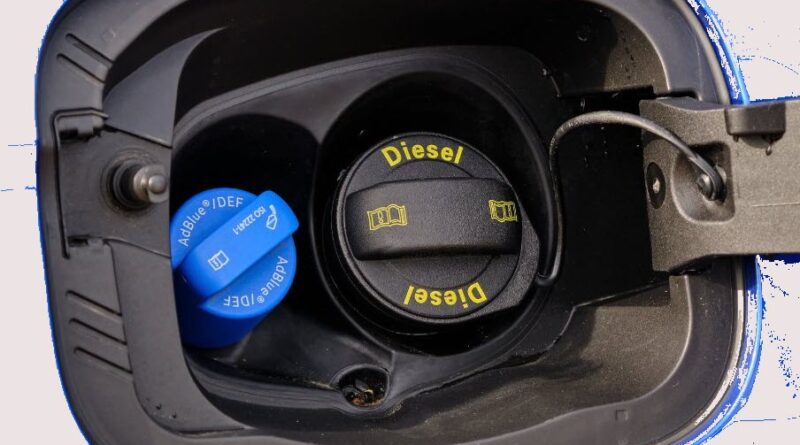What is AdBlue Diesel Exhaust Fluid and Its Benefits
AdBlue, also known as Diesel Exhaust Fluid (DEF), is essential for modern diesel engines to reduce harmful emissions and comply with environmental regulations. This guide will help you understand what AdBlue is, how it works, and how to use it effectively.
1. What is AdBlue?
AdBlue is a clear, non-toxic liquid composed of 32.5% high-purity urea and 67.5% deionized water. Despite its name, AdBlue is neither blue nor a fuel additive. It is stored in a separate tank in diesel vehicles and used in the Selective Catalytic Reduction (SCR) system.
Key Characteristics:
- Non-Toxic: Safe to handle and store, though it should not be ingested.
- Non-Flammable: Poses no fire hazard.
- Temperature Sensitive: Should be stored between -11°C and 30°C to prevent freezing or degradation.
2. How Does It Work?
Diesel Exhaust Fluid is crucial in the SCR system to reduce nitrogen oxide (NOx) emissions from diesel engines. When diesel exhaust gases enter the SCR catalyst, fluid is injected into the exhaust stream. The high temperatures convert fluid into ammonia and carbon dioxide. The ammonia reacts with the NOx, breaking it down into harmless nitrogen and water vapor. How dpf works.
Process Summary:
- Injection: Fluid is sprayed into the exhaust gases.
- Conversion: Heat converts fluid into ammonia.
- Reduction: Ammonia reacts with NOx in the SCR catalyst, reducing it to nitrogen and water.
3. Benefits:
Using AdBlue in diesel vehicles offers several benefits:
Emission Reduction: Significantly reduces NOx emissions, which contribute to smog and respiratory problems.
- Regulatory Compliance: Helps vehicles meet stringent emissions standards, such as Euro 6 and EPA regulations.
- Fuel Efficiency: Allows for better engine performance and fuel efficiency.
4. How to Use AdBlue Properly
Proper use and maintenance of the AdBlue system are crucial.
Usage Tips:
- Regular Refills: Keep the AdBlue tank topped up to avoid performance issues. Most vehicles have a dashboard indicator for AdBlue levels.
- Avoid Contamination: Use only certified AdBlue products.
- Storage: Store AdBlue in a cool, dry place away from direct sunlight.
Refilling DEF fluid:
- Locate the filler cap, usually next to the diesel fuel cap or in the trunk.
- Unscrew the cap and use a suitable DEF fluid dispensing container or pump to refill the tank.
- Avoid spilling fluid on the vehicle’s paint or surfaces.
5. Common Issues with DEF fluid
While AdBlue systems are reliable, some issues can arise:
- Freezing: can freeze below -11°C. Most vehicles have a heating element to prevent this.
- Crystal Formation: can crystallize if exposed to air. Regular maintenance and proper sealing of the tank can prevent this.
- Quality: Using low-quality or contaminated fluid can damage the SCR system.
6. Conclusion
DEF Fluid plays a vital role in reducing harmful emissions from diesel vehicles, making them more environmentally friendly. Understanding how system works and maintaining the system properly ensures optimal engine performance and a cleaner environment. Regularly check and refill the DEF fluid tank, use certified products, and follow storage guidelines to keep the SCR system functioning efficiently.
For more information on DEF fluid and diesel vehicle maintenance, visit our blog and stay updated with the latest tips and guides.

